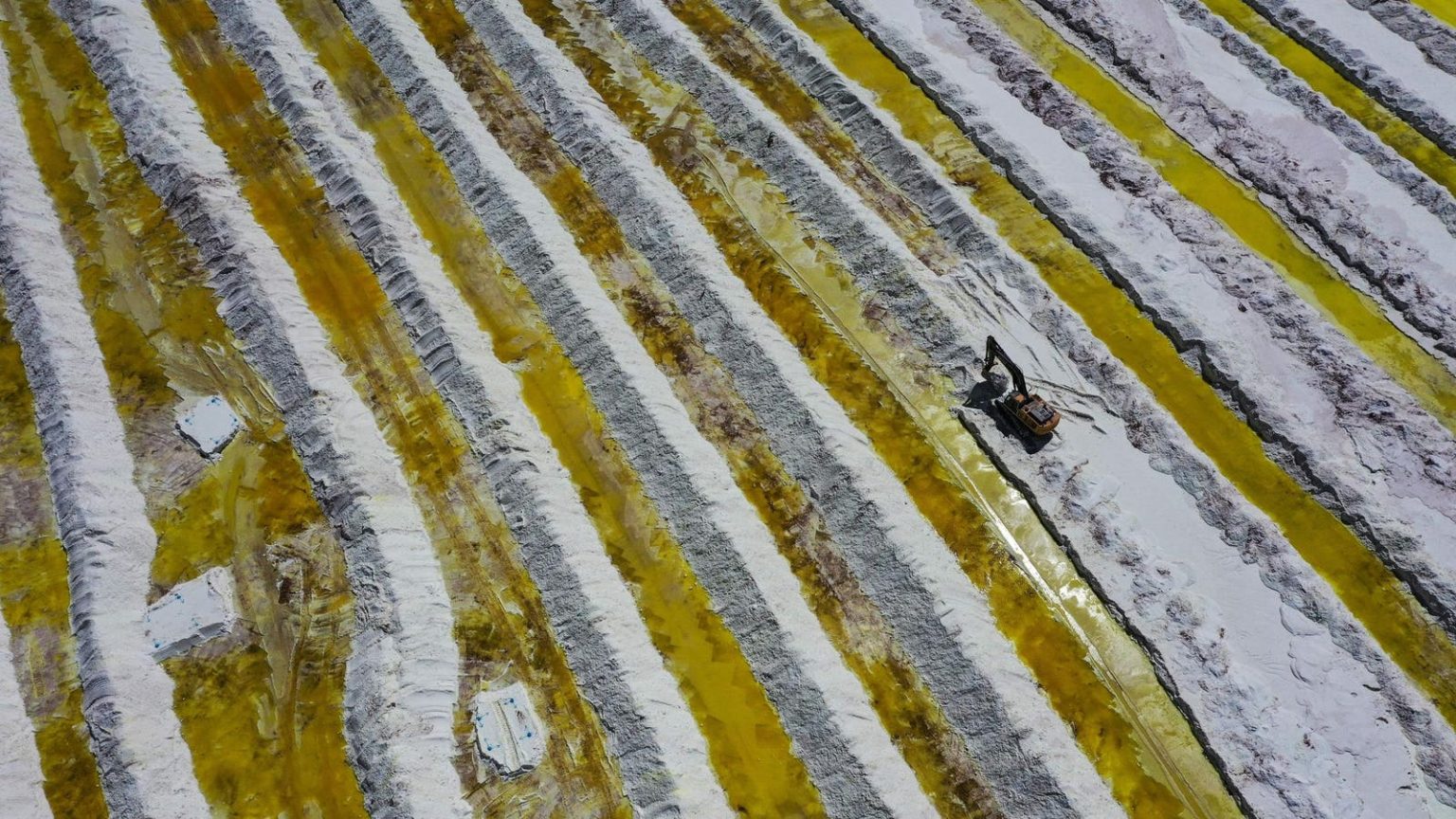In a remote region of Nevada known as Silver Peak, the United States’ only lithium mine is producing 5,000 metric tons of unprocessed lithium annually. This lithium is then sent to Albemarle’s processing facility in North Carolina, closing a domestic supply loop. While small compared to America’s total lithium demand, it is a significant portion of the U.S. supply chain and a glimpse into the country’s clean energy future. The question remains, will future lithium resources come from American mines or other nations, impacting U.S. energy security?
Currently, the majority of raw U.S. lithium imports are met by Chile and Argentina, while refined lithium primarily comes from Canada, and China meets cathode, anode, and battery needs. With potential instability in the global lithium market due to Chile’s nationalization plans, Argentina’s political landscape, and ongoing mineral trade battles with China, developing consistent supplies for future lithium demand is crucial for the United States.
Despite limited lithium production and processing in the U.S. currently, the country has the potential to become a major player in the global market. The U.S. Geological Survey ranks America third worldwide in lithium resources, behind Bolivia and Argentina. Recent discoveries like the Nevada-Oregon McDermitt Caldera and the Salton Sea present vast opportunities for expanding domestic and global lithium supply. However, moving from estimates to resources to reserves is a lengthy process requiring thorough testing and viability assessments.
Investments in the domestic lithium supply chain are growing, with projects like Controlled Thermal Resources’ Salton Sea lithium mine and geothermal power plant, and Lithium America’s Thacker Pass project receiving federal funding. Previous federal investments are supporting various lithium-related projects across the country. But developing a domestic supply chain for lithium must be done responsibly and sustainably, ensuring environmental protections and equitable practices in mining and processing.
Efforts to improve mining on public lands through legislative changes like the ‘Clean Energy Minerals Reform Act’ introduced by Senator Martin Heinrich aim to address challenges in the mineral supply chain. The Act would eliminate patenting of federal lands, impose a federal minerals royalty, and establish a Hardrock Minerals Reclamation Fund. This legislation would support lithium and other mining operations while holding companies accountable and protecting sensitive areas. Despite progress, challenges remain in ensuring responsible mining practices and transparent operations.
As the United States faces the need for increased lithium supply to support the clean energy transition, responsible mining practices are essential. There have been legal challenges and environmental concerns surrounding lithium projects like CTR’s Salton Sea and Lithium Americas’ Thacker Pass. Tribal communities and environmentalists play a vital role in holding mining companies accountable and ensuring ethical and environmentally responsible practices. Oversight and transparency from mining companies are crucial for the industry to operate responsibly and sustainably. The U.S. must address these complex issues to meet its growing lithium demand while minimizing environmental and social impacts.


